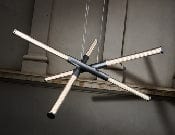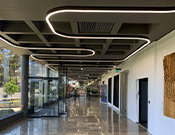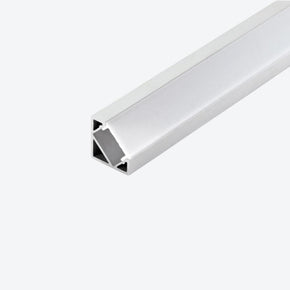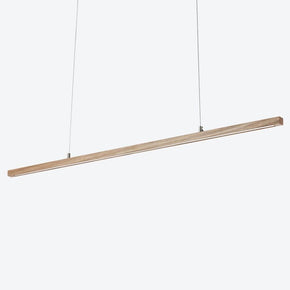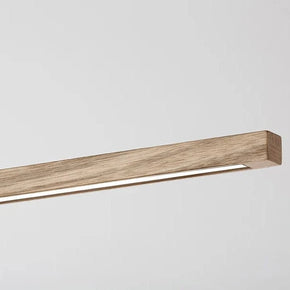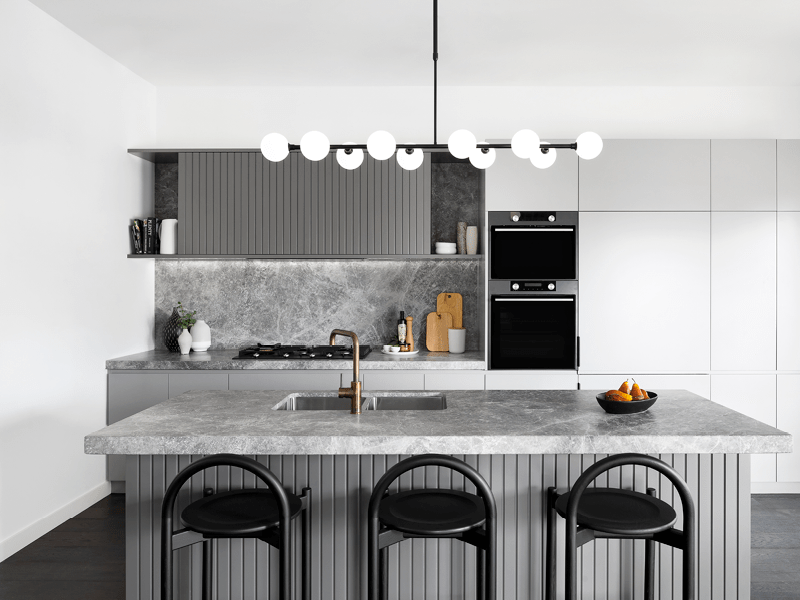- No products in the cart.
- ``
How to dispose of light bulbs
11
May
Dating back to the early 1800s, the invention of the light bulb changed the world. Later, the widespread, low-cost availability of light transformed the way we live, from how we travel safely in the dark to extending our work and social lives.
But as with most things, society’s inventions usually come with trade offs - the largest being waste. With a number too large to fathom of light globes in the world, it’s pretty important we consider how to dispose of them.
In this guide, we’ll tell you how to dispose of your old light bulbs depending on the type/s you have, and the amount you need to dispose of. Let’s start with the different types of bulbs you may have.
What types of light bulbs can be recycled?
Generally speaking, there are two types of light bulbs you’ll encounter - and they need to be treated differently. Light bulbs that are mercury free can be recycled, including:
- Incandescent globes
- Halogen globes
- LED globes
However, what needs to be given particular attention are lights which contain mercury - these must be recycled. Why? Well, mercury contamination can wreak havoc on the environment. It’s estimated that over 1,100 kg of mercury goes into landfill in Australia every year. What’s more concerning is that just one fluro tube light has enough mercury to pollute 30,000 litres of water to the point where it’s not safe to drink. That’s very toxic. You must recycle:
- Fluorescent tubes
- Compact fluorescent lamps (CFLs)
Recycling is, of course, the preferred option when it comes to disposing bulbs. You can locate your nearest recycling centre here. But for more information on each bulb type, let’s go a little deeper.
How to dispose of incandescent light bulbs

It’s the bulb that started it all. Until the incandescent bulb, light bulbs were reserved for very few. Light bulbs were not economically viable until this point. Characterised by a singular filament from 3 prongs, this globe has for the most part phased out in favour of greener alternatives - but you still might have some!
You can dispose of these bulbs in your general waste. For the safety of those managing the waste, it’s best to wrap the bulb in some newspaper or other material before disposing of it. Recycling is best whenever you can, so check your local council for recycling locations.
How to dispose of halogen lighting

A halogen bulb is a type of incandescent lamp distinguishable by a smaller globe within the larger glass bulb. This small change followed the traditional incandescent bulb, providing a more efficient option that uses less electricity (It has of course since been replaced by many more greener alternatives!).
Like incandescent bulbs, these too can be disposed of in general waste by wrapping in some newspaper or old material. They too can be recycled though, so check if your nearest recycling centre accepts halogen bulbs.
How to dispose of fluorescent light bulbs (CFL)

You would have probably heard of fluorescent tubes - the long light sticks in offices and gyms. Yes, they’re the ones that start flickering above your desk and… for some reason, will take months before they’re replaced!
CFL was a big change to the globe market, bringing much better efficiency and longevity. However, the trade-off was that these bulbs contained mercury - which must be recycled. Mercury contamination can have terrible impacts on the environment, so you should locate your nearest recycling centre to dispose of these globes.
How to dispose of LED lighting

LED is the latest and greatest in the lighting market. They are (by far) the most energy-efficient lighting option available, having a lifespan of over 50,000 hours. Across the board, LEDs are now the industry standard. They’re also common as smart lighting, which may allow you to change the temperature and colour of your bulb!
Like incandescent and halogen globes, LED lighting can be disposed of in general waste. However, it’s best to recycle whenever you can! Check your local council or recycling centre to see whether they accept LEDs.
What about my business?
Commercial recyclers provide services to recycle larger volumes of lighting waste, while councils and community facilities often handle smaller scale recycling. For more information on how your business can best recycle its waste, head here.
Looking to replace your old globes with the latest and greatest?
We stock a range of LED, filament and smart light bulbs and lighting accessories. You can shop the range now, or get in touch with one of our lighting specialists and we’ll help find the perfect solution for you.


